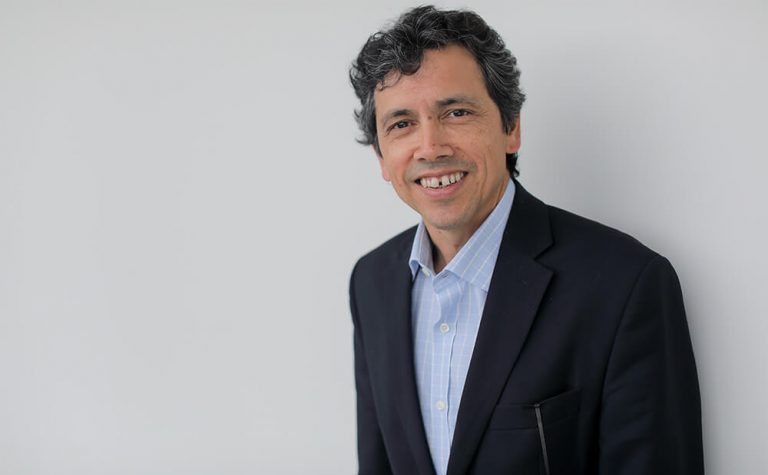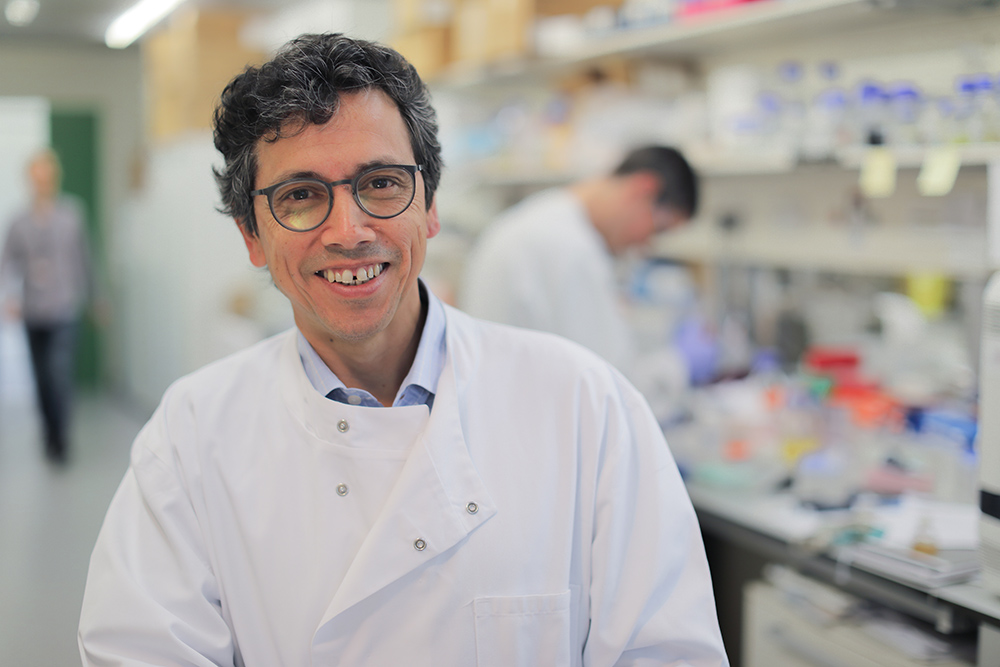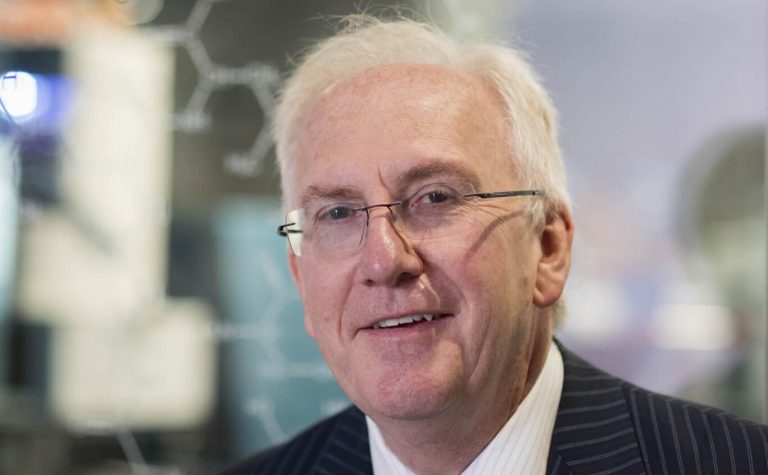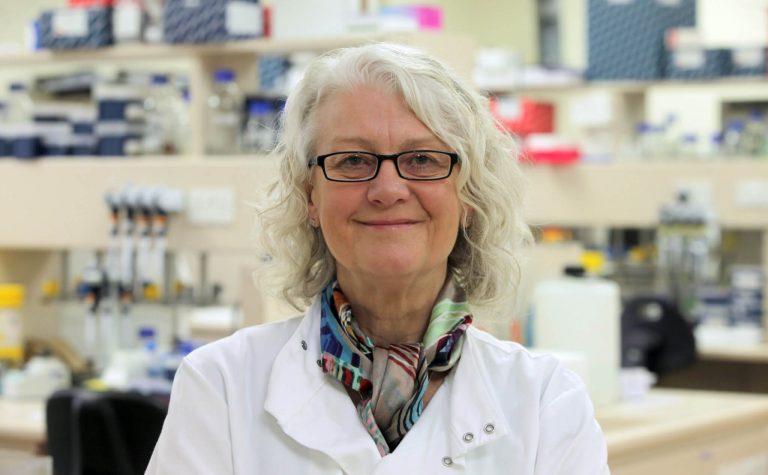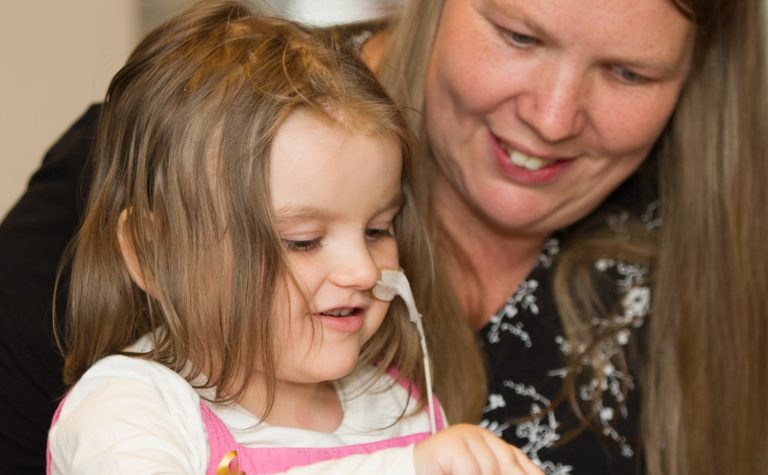The cure rates for leukaemia have increased over the past 20 years, but we still have a lot of work to do. This project will increase our understanding of the genetic changes underlying one form of the disease. The aim is to produce results that lead to the development of new drugs that will successfully treat childhood leukaemia.
Our funding will allow doctors to take a close look at the genetic factors that can lead to leukaemia in young people. They’ll then be ready to offer their knowledge in the development of new drugs.
Thank you
This research project on childhood leukaemia has been successfully completed. Your donations allow us to fund ground-breaking research that can improve treatments given to children with cancer. Thank you. Your help allows us to continue to find ways to drive up the chances of survival for children with cancer and reduce the toxic side effects that can affect the rest of their lives.
